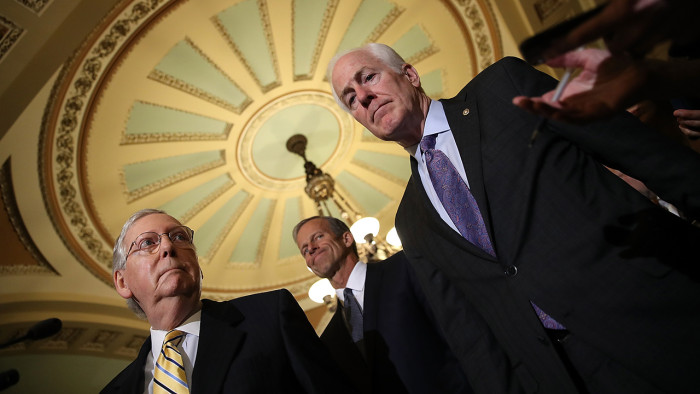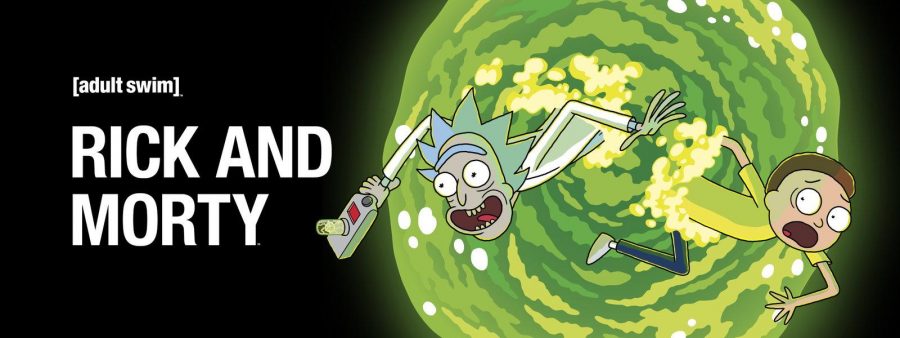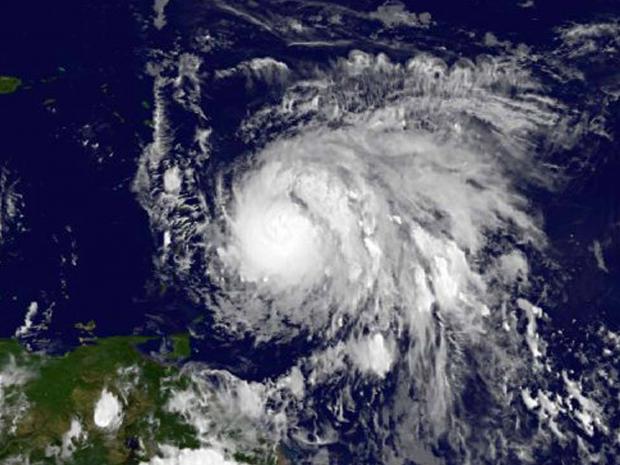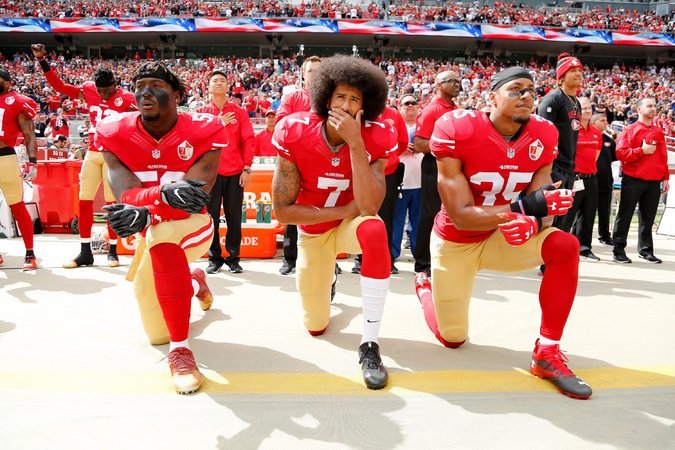By Delaney Gagnon
Staff Writer
The Children’s Health Insurance Program (CHIP), which provides healthcare to approximately 9 million children, has been terminated due to inaction in Congress. The program, which has traditionally enjoyed bipartisan support, expired on September 30 after the House failed to vote on the reallocation of federal funds.
Since its passing under the Clinton administration in 1997, CHIP has allowed children of low to moderate income households access to routine check-ups, dental and vision care, and emergency services. Over the following twenty years, the percentage of uninsured children dropped from 14 percent to just 4.5 percent. However, with the program’s future now in jeopardy, children across the country will undoubtedly face the consequences. According to a report by the “Los Angeles Times,” states are allowed to carry over unspent CHIP funds from the previous fiscal year, which means states may be able to sustain the program for at least a few more months. However, how long these ‘left-over’ funds will last is unpredictable and varies significantly between states. States cannot assume that Congress will eventually reinstate funding, forcing them to begin cutting CHIP or pulling funds from other social programs.

Despite the supposed bipartisan support surrounding the program, CHIP has fallen victim to the sharp political division in the capitol. In the wake of the failed Graham-Cassidy bill, the Republicans’ effort to repeal and replace the Affordable Care Act, CHIP was simply overlooked by Congress. According to the same “Los Angeles Times” report, a vote for the program was in the works until the Graham-Cassidy bill was introduced in the Senate in September.
In days leading up to the program’s expiration, the National Governors Association issued a statement urging Congress to act: “Congress must not wait any longer to renew CHIP and act to stabilize the nation’s health insurance markets. In this time of uncertainty and an ever-ticking clock, there is only one certain path to resolving these crucial issues: bipartisanship.”
Critics are outraged at the program’s termination. Hillary Clinton was First Lady when CHIP was passed, and became instrumental in the program’s initial implementation. In response to the program’s end, Clinton tweeted, “What does it say when kids’ health takes a backseat to tax reform?”
Clinton also urged Congress, and all Americans, to recognize the urgency of the issue:
”You can tell a lot about a society by how we treat the most vulnerable.”




















